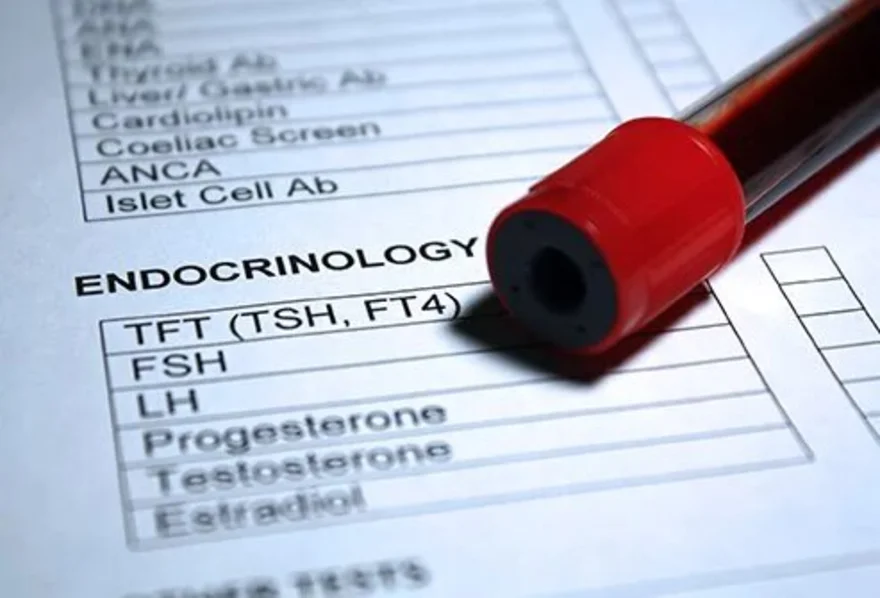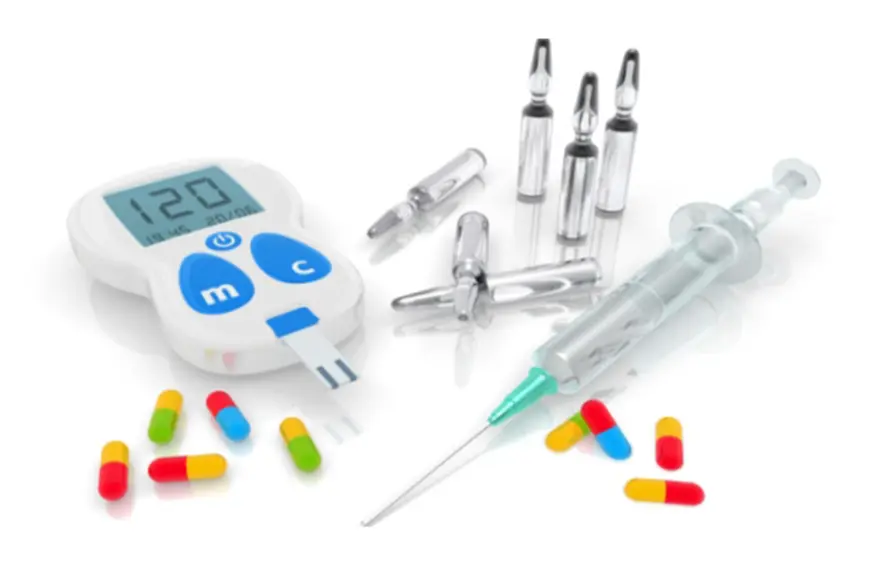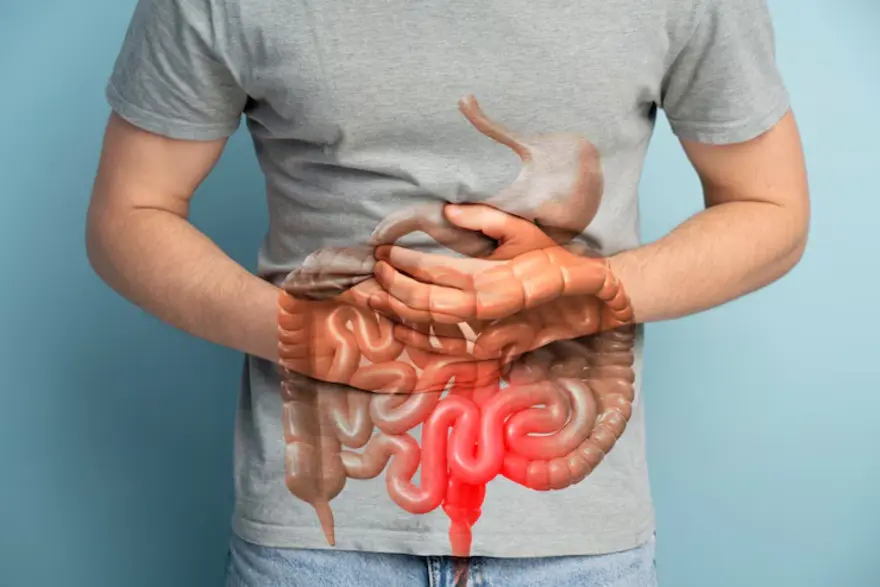Disease
All that you need to know about Anaemia
6123 Views
0

Do you feel fatigued and energy draining out of you all the time. Does your child have difficulty concentrating? Or does she feel dizzy? Do you have leg cramps? Can’t fall asleep even if you are tired?
These are not symptoms of exhaustion or a long day at work/school but indicate a probable cause of Anaemia! Did you know that Anaemia is the most common condition that affects Indian women? Research done by Metropolis Healthcare indicates that 1 in 2 women in India are anaemic and that puts a large number of us under risk.
Also you would be surprised to know that there are over 400 different types of Anaemia. So adding a lot of spinach to your daily food may not help at all. While the most common reason for Anaemia is Iron Deficinecy, there are many other types of Anaemia and it is important to find out the exact cause.
Symptoms of anemia will vary depending on the type and cause, but include:
- Fatigue and loss of energy
- Unusually rapid heartbeat, particularly with exercise
- Shortness of breath and headache, particularly with exercise
- Difficulty concentrating
- Dizziness
- Pale skin
- Leg cramps
- Insomnia
Now let’s look at different types of Anaemia and Symptoms pertaining to each one of them
| Type of Anaemia | Symptoms | Management |
| Anaemia caused by iron deficiency: | Craving for paper, ice, or dirt/mud/chalk (a condition called pica) Soreness of the mouth with cracks at the corners A smooth or sore tongue | With iron deficiency anaemia your doctor may recommend iron supplements that contain the ferrous form of iron, which your body can absorb easily. Always consult with your doctor before taking iron supplements. Excess iron intake can be harmful. |
| Anaemia caused by vitamin B12 deficiency: | A tingling, “pins and needles” sensation in the hands or feet. Loss of sense of touch. An unsteady, wobbly gait and difficulty walking | For vitamin B12 and folate deficiency anaemia, the treatment depends on the cause of the deficiency. If your body stores are depleted of vitamin B12, your doctor is most likely to prescribe vitamin B12 injections |
| Anaemia caused by chronic lead poisoning: | Blue-black line on the gums referred to as a lead lineAbdominal pain, Constipation, Vomiting, Seizures in severe cases, especially in children | Lead poisoning is treated by discontinuing exposure to lead and administering a medicine that binds and draws lead out of the body. |
| Anaemia caused by red blood cell destruction | Jaundice (yellow skin and eyes)Brown or red urine, Leg ulcersFailure to thrive in infancySymptoms of gallstones, Seizures, Abdominal pain | The treatment of haemolytic anaemia may be tailored to the underlying cause. It is important to consider altering or stopping any medication or agent that is causing the condition. |
| Sickle cell anaemia: | Fatigue, Susceptibility to infectionDelayed growth and development in children, Episodes of severe pain, especially in the joints, abdomen and limbs | Doctors usually begin treatment that includes stimulation of a different type of hemoglobin which reduces the severity of the conditions |
So lets look at some of most common tests used to screen for anaemia and diagnose the root cause:
Complete Blood Count
Often, the first test used to diagnose anemia is a complete blood count (CBC). The CBC measures many parts of your blood.The test checks your hemoglobin and hematocrit levels. Hematocrit is a measure of how much space red blood cells take up in your blood. A low level of haemoglobin indicates anaemia.
The CBC also gives information on mean corpuscular volum abbreviated as MCV. MCV is a measure of the average size of your red blood cells and a clue as to the cause of your anemia. In iron-deficiency anemia, for example, red blood cells usually are smaller than normal.
Other Tests and Procedures
If the CBC results show that you have anemia, you may need other tests, such as:
Hemoglobin electrophoresis: This test looks at the different types of hemoglobin in your blood. The test can help diagnose the type of anemia you have.
A reticulocyte count: This test measures the number of young red blood cells in your blood. The test shows whether your bone marrow is making red blood cells at the correct rate.
Tests for the level of iron in your blood and body: These tests include serum iron and serum ferritin tests. Transferrin level and total iron-binding capacity tests also measure iron levels.
To find out the exact cause of Anaemia, your doctor may recommend tests for conditions such as as kidney failure, lead poisoning (in children), and vitamin deficiencies (lack of vitamins, such as B12 and folic acid). In case a case of internal bleeding is suspected, then a stool test for blood is performed may be along with an endoscopy.
In rare cases, bone marrow tests are also performed to check if bone marrow is making healthy and enough blood cells.
 Home Visit
Home Visit Upload
Upload














1701259759.webp)









 WhatsApp
WhatsApp